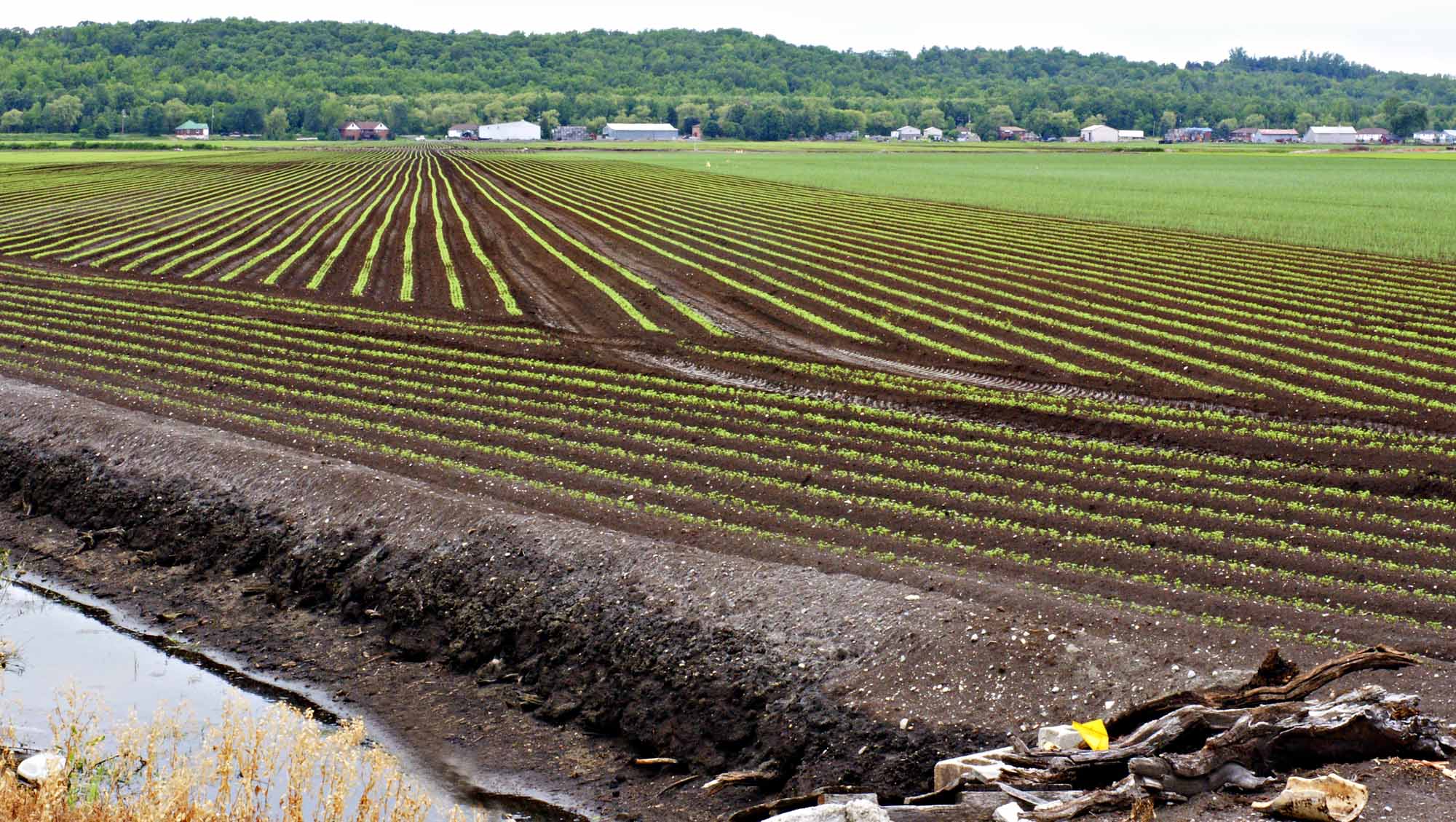Dr. Joselito (Lito) Modancia Arocena, soil scientist (born 5 March 1959 in Liliw, Laguna, Philippines; died 20 December 2015 in Prince George, BC). A soil researcher, Arocena was a founding faculty member of the University of Northern British Columbia (UNBC) and held its first Canada Research Chair appointment in 2001. He was known by his nickname “Lito.” He helped found the Natural Resources and Environmental Studies Institute (NRESi). Arocena collaborated internationally with universities in Spain, Germany, France and China and held an adjunct professorship with Wenzhou University.
Early Years and Education
Joselito Modancia Arocena was born on 5 March 1959 in the town of Liliw, province of Laguna, the Philippines. He was raised in a Catholic family with seven siblings. Their father died when Arocena was five years old; after this, his mother sold rice cakes to make a living for the family.
In 1975, Lito Arocena finished high school as class valedictorian. As a result, he received a scholarship for post-secondary studies. He went to the University of the Philippines - Los Baños. He pursued agricultural chemistry studies there, earning his bachelor’s degree. He then started a master's program in agriculture from the same university. In 1985, he took his first flight, from Manila to Brussels, to become an international student. He attended Ghent University’s Faculty of Bioscience Engineering, where he received a specialization in soil micromorphology. In 1987, he obtained his licentiate in bodemkunde (i.e. soil science) with great distinction.
Academic Career
Arocena pursued his doctoral studies at the University of Alberta. There, he became a research associate under the supervision of Dr. Steve Pawluk in 1988. He started his fieldwork in the foothills near Hinton, in Western Alberta. His dissertation focused on surveys of the genesis and classification of soil in Alberta. Three years later, in the spring of 1991, he earned his PhD.
In 1992, his search for employment opportunities took him to Prince George, British Columbia. There, he was appointed to an assistant professor position at the University of Northern British Columbia (UNBC). On 1 July 1994, he officially started his career teaching geochemistry at UNBC’s forestry program when it was first offered as a major under the Bachelor of Science in Natural Resource Management program. The central tenet he shared with his students was that “soil is life.” By 1996, he rose to the rank of full professor.
Later, he became one of the founding members of the Faculty of Natural Resources and Environmental Studies (NRES). This institute offered the first PhD at UNBC.
Arocena’s body of research work was extensive and multidisciplinary. He published in the areas of soil genesis, mineralogy, chemistry, biology and their applications and relevance to soil classification, nutrient cycling in forestry and agriculture, ecology, environmental remediation, geomorphology and archaeology, covering almost all fields of soil science. He had over 100 refereed journal articles and book chapters throughout his career. Many of these were authored in collaboration with other researchers under the NRES program.
In May 2001, he was named UNBC’s first Canada Research Chair in interdisciplinary research on soil and environmental sciences. He used his grant fund from the CRC program to help establish research foundations and support researchers from undergraduate students to peers. Internationally, he collaborated with research institutions in Europe. He held appointments as a nine-month guest professor (2000) at the Technical University of Munich (Germany) and a one-year visiting professor (2007–08) at the Universidad Politécnica de Cartagena (Spain).
He contributed to the improvement of the classification system for Canadian soils, particularly in the BC interior region and the Yukon (See Soil Classification). He was a guest co-editor of the benchmark October 2011 special issue on “Soils of Canada” in the Canadian Journal of Soil Science. From 2011 to 2013, he also served two terms as an associate editor with this journal, which was the outlet for more than a dozen of his publications. Internationally, he was on the editorial committee of various peer-reviewed journals such as Pedosphere of the Soil Science Society of China, Spanish Journal of Soil Science and The Open Forest Science Journal.
He was also a member of the International Union of Soil Sciences, the Canadian Society of Soil Science, the Soil Science Society of America and the Philippine-American Academy of Science and Engineering.
In 2012, he was invited to conduct lectures in China as one of the “high-end foreign experts" as designated by the Chinese State Administration of Foreign Experts Affairs. In 2014, he was appointed an adjunct professor in the School of Life and Environmental Sciences at Wenzhou University “in recognition of his substantial research collaborations.”
Personal Life
Joselito Arocena was married to Josefine Isidro. They had three children. In his lifetime, he liked outdoor recreation, including fishing and hiking trails.
Death and Legacy
Arocena contributed to the development of UNBC for two decades as a founding faculty member. He was given the 2015 Lifetime Achievement Award by the Natural Resources and Environmental Studies Institute at UNBC.
On 20 December 2015, the International Year of Soils, Arocena died a few months after he was diagnosed with cancer. Following his death, a memorial fund was also established in his name to support three UNBC academic awards. In 2019, a UNBC lab was named the “Lito Lab” in his honour.


 Share on Facebook
Share on Facebook Share on X
Share on X Share by Email
Share by Email Share on Google Classroom
Share on Google Classroom





